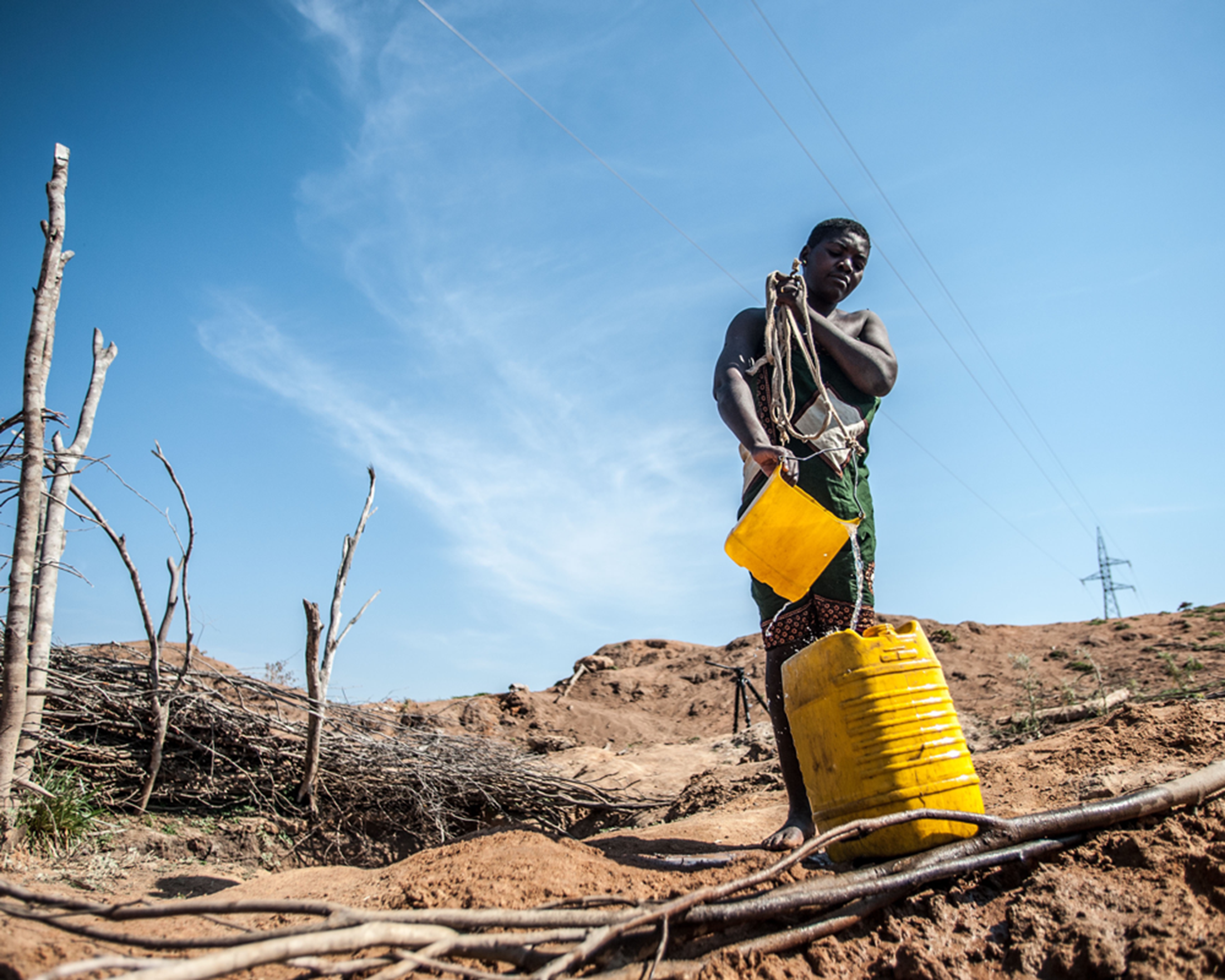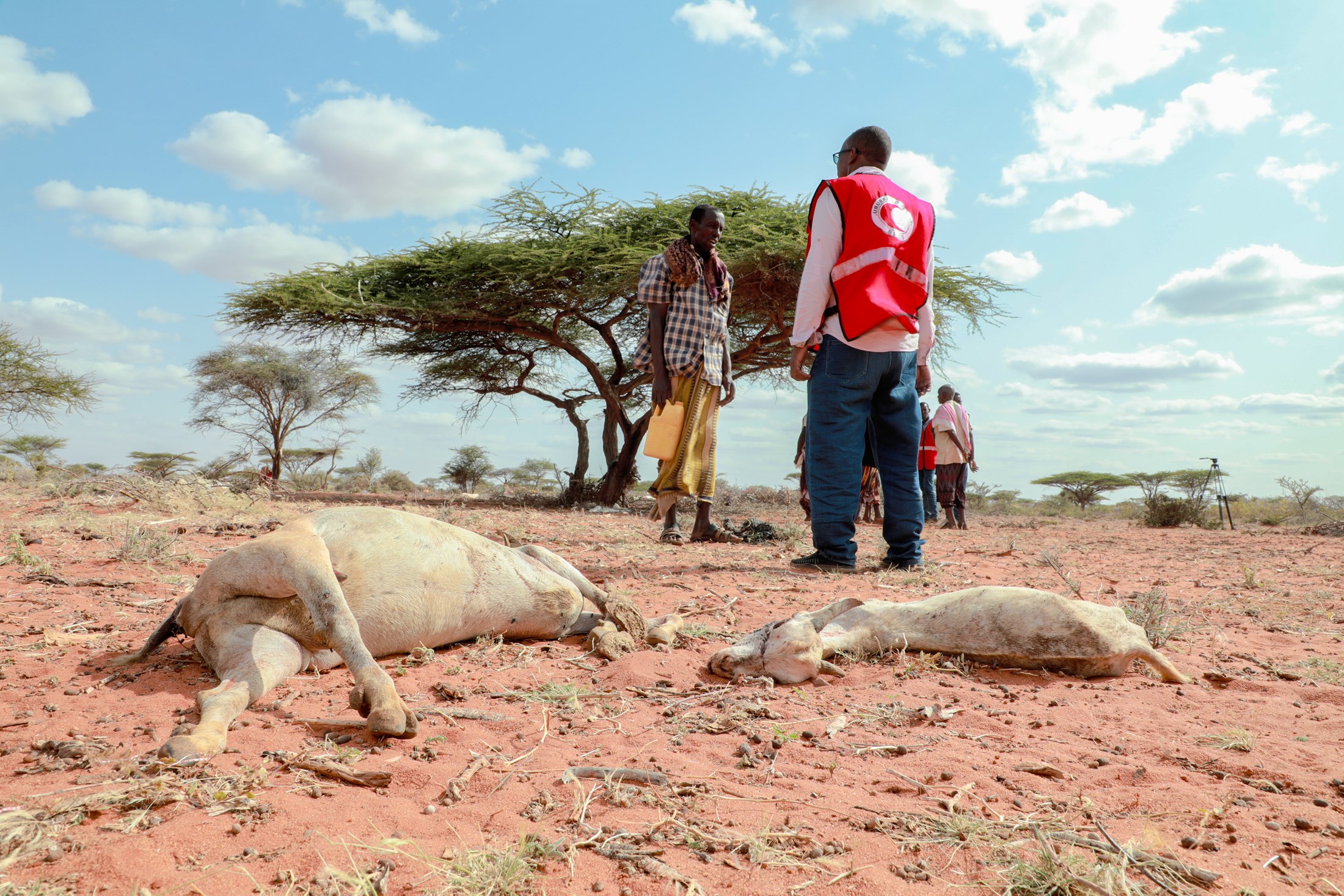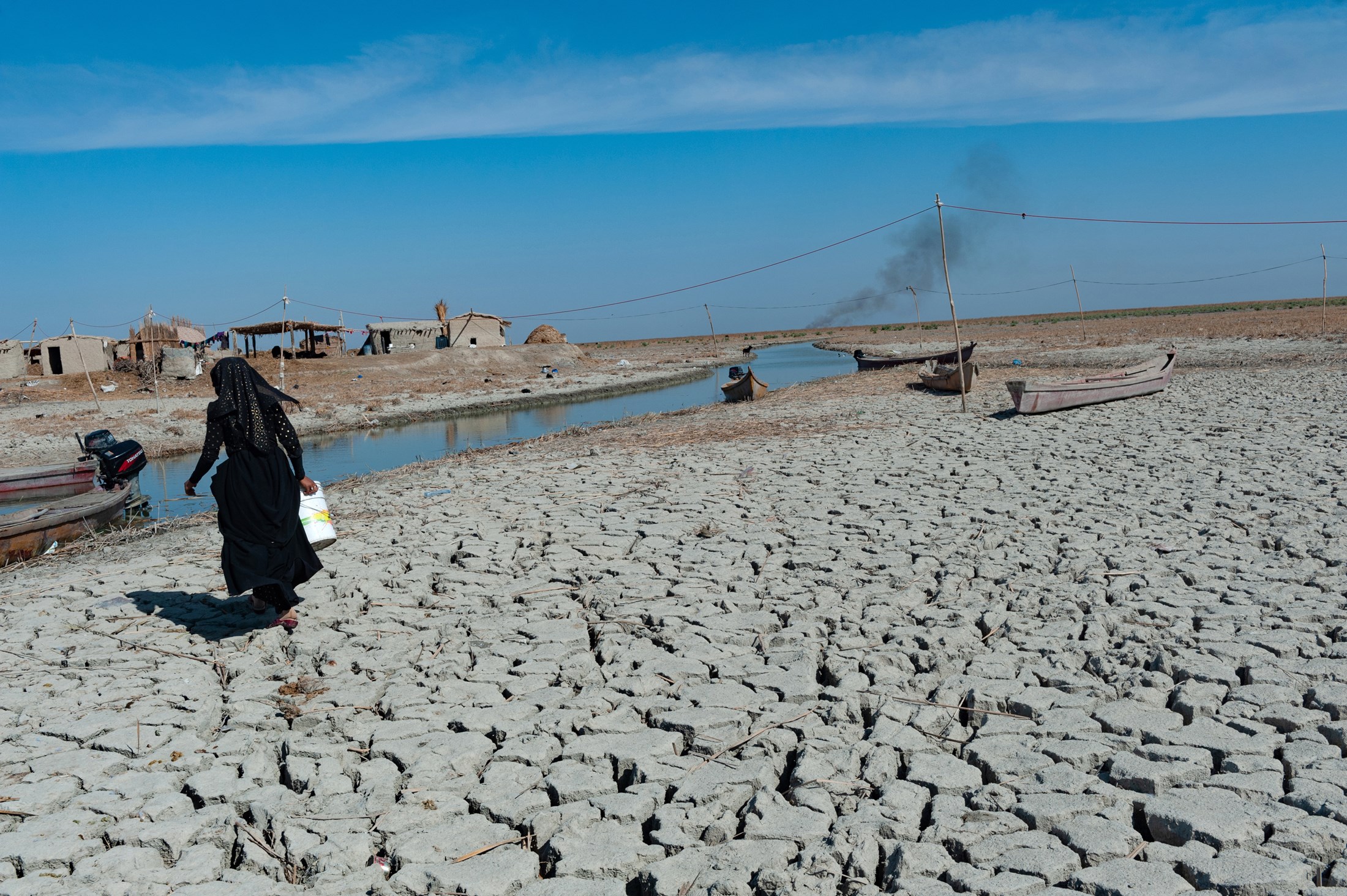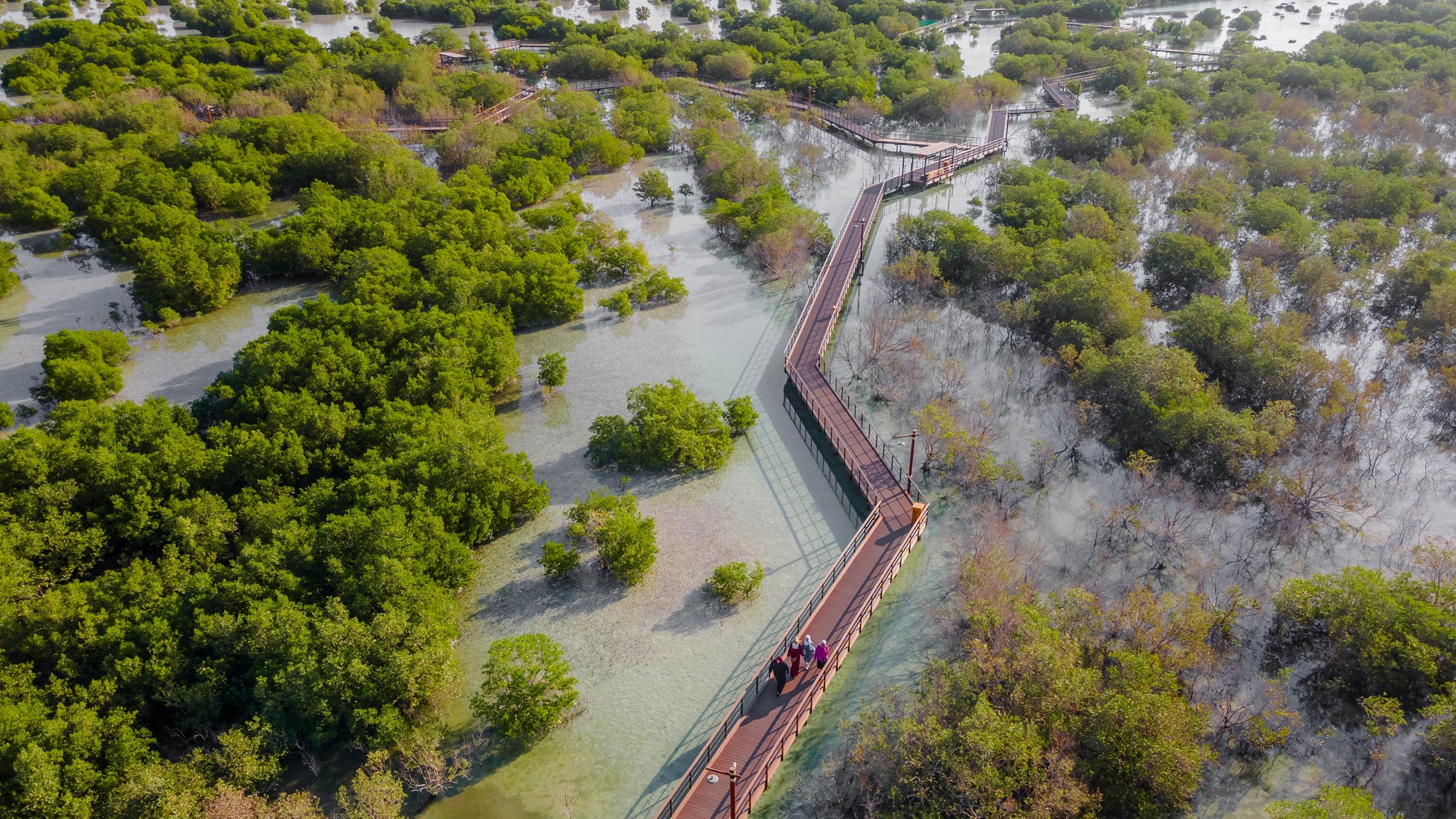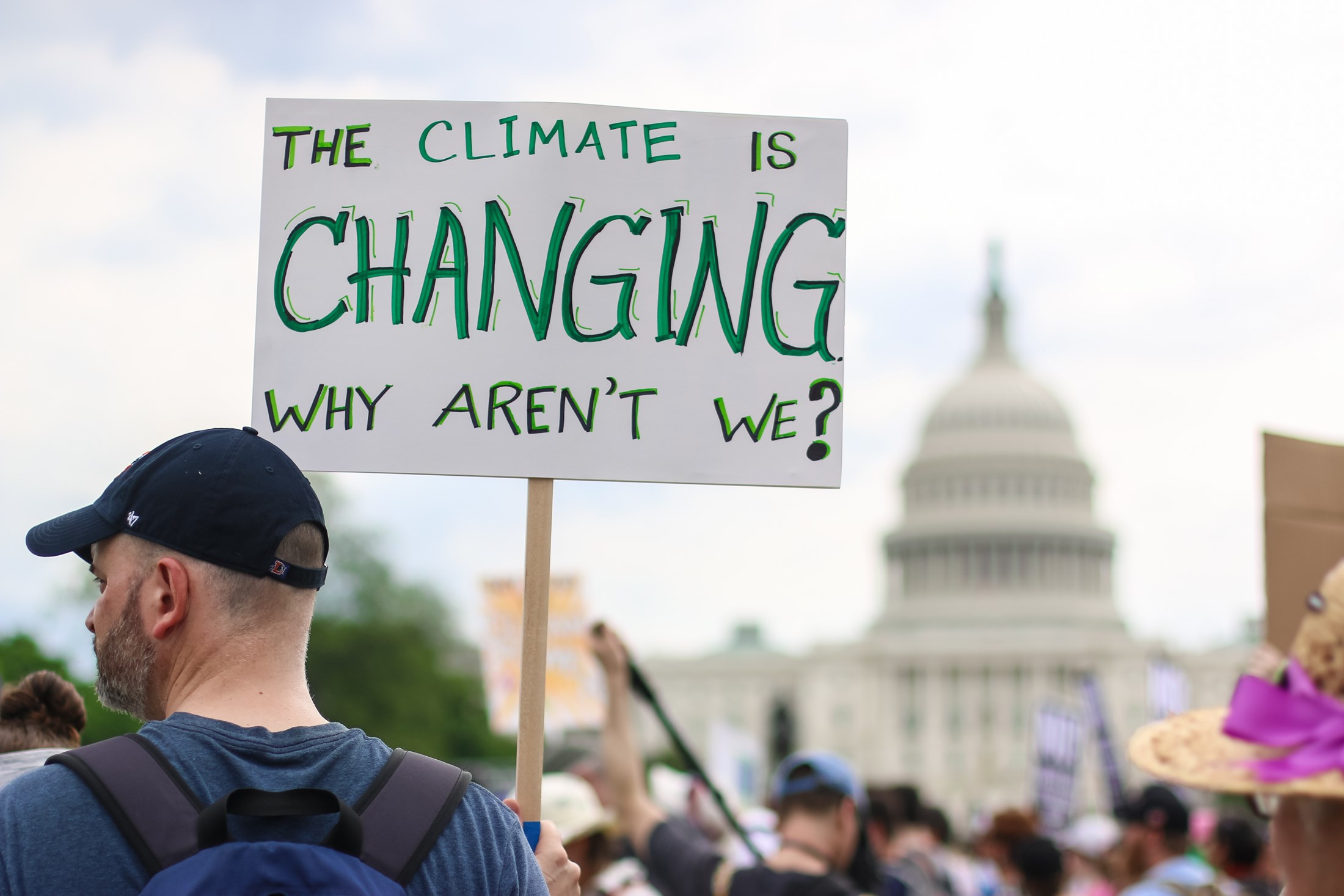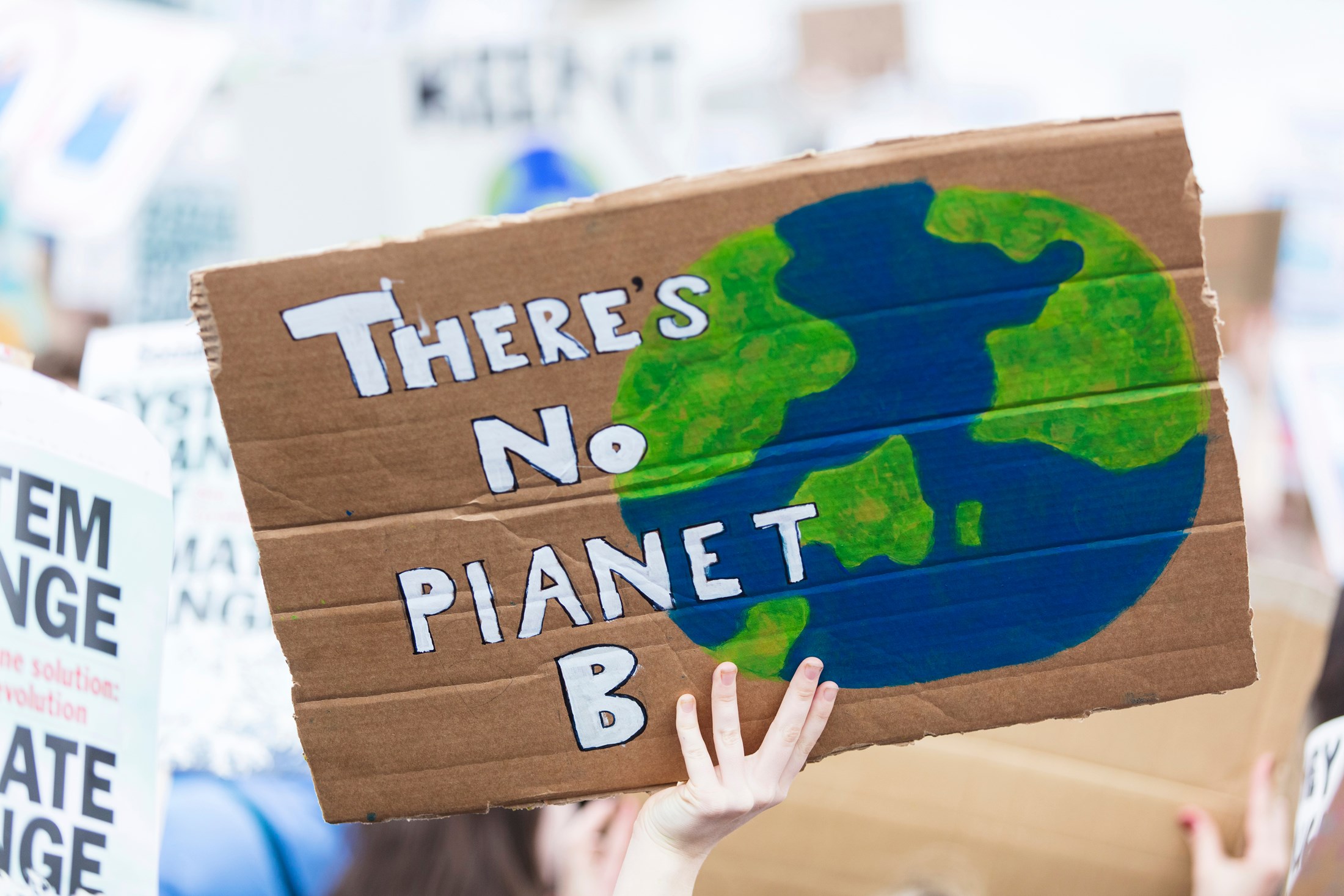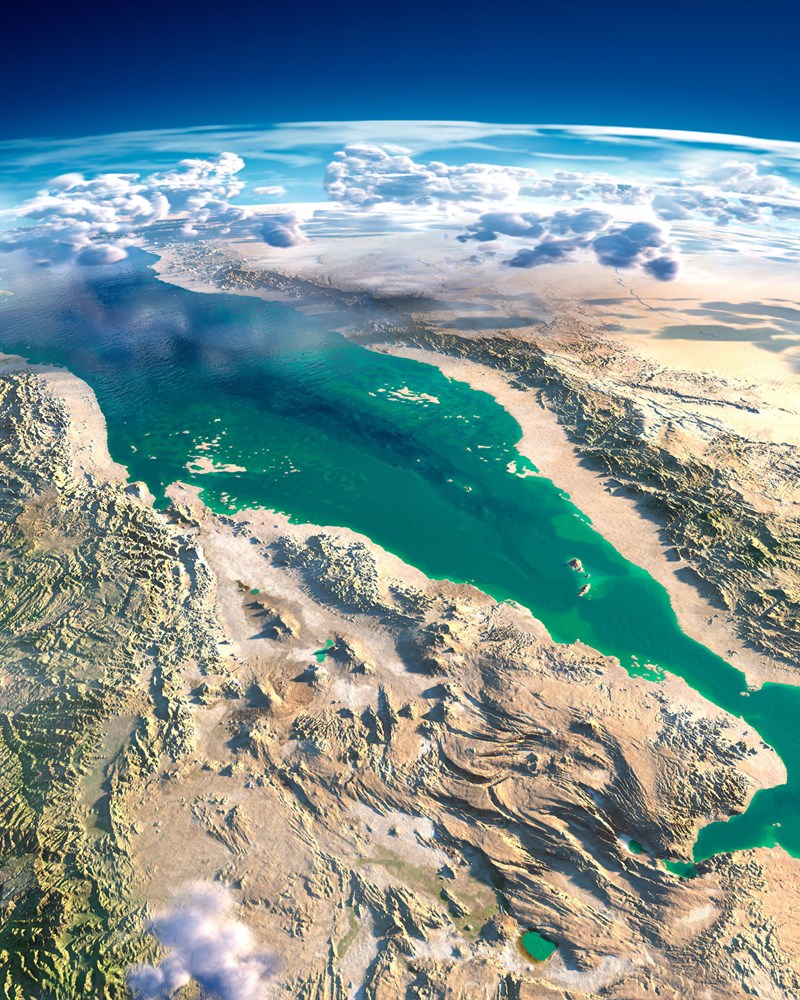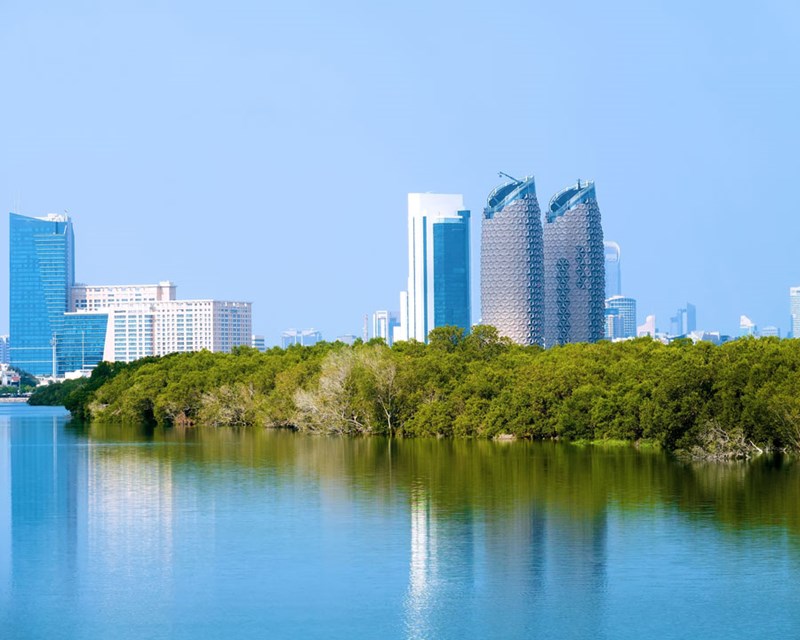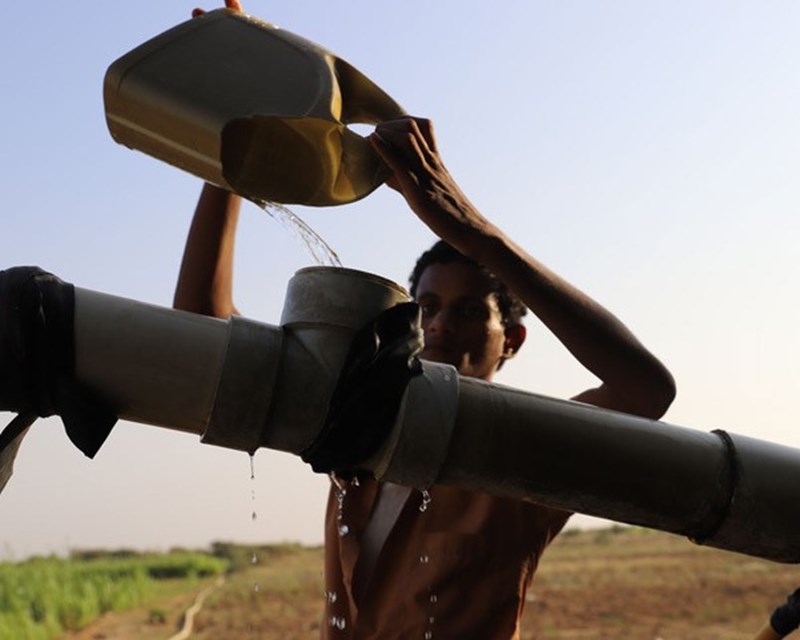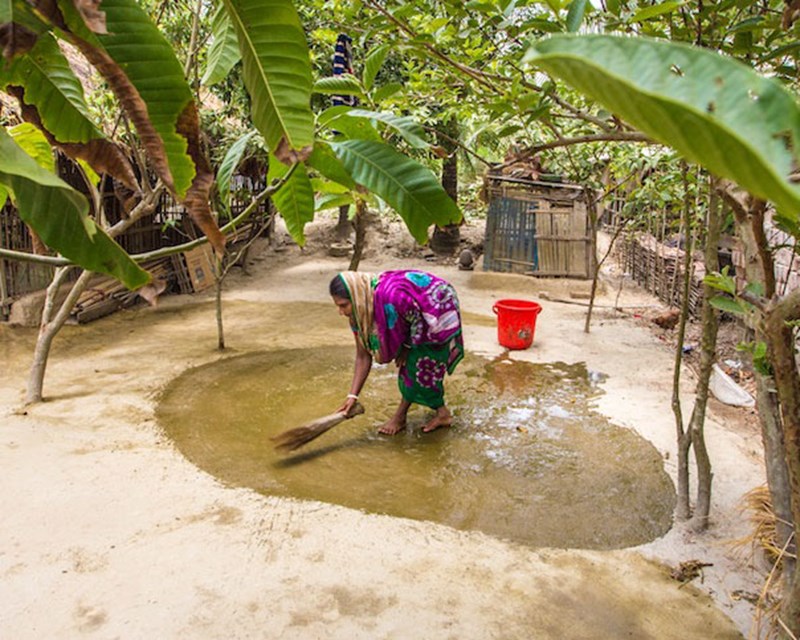The science is unequivocal. Climate change is happening, and we’re seeing its effects in the form of wildfires, floods, heatwaves, droughts, and famines. Yet this is only the beginning. Earth is at a tipping point, and there is a closing window of opportunity to ensure a liveable and sustainable future for all.
In December 2023, global leaders and decision makers will gather in the UAE to attend a critical COP28 UN summit. The outcomes will determine the imminent trajectory of our planet.
To prevent the worst impacts of climate change, trillions of dollars in capital need to be deployed swiftly and strategically, to the places where it will have the greatest impact.
With its high temperatures, water shortages, and expanding deserts, the Arab region is on the frontline of climate change. Yet, to-date, few private donors from this part of the world have come forward to address the issues, perhaps not surprising, given the economic importance of hydrocarbon exports.
But with Dubai hosting COP28 later this year, and a growing appetite from impact investors to fund clean energy solutions, electric vehicles, and other tech solutions, the narrative is starting to shift.
For the first time during a COP, there will be a two-day philanthropy and business event, as well as a number of other philanthropy-related convenings, such as the Reaching the Last Mile Forum, and RewirEd, an education summit hosted by Dubai Cares.
We hope that this spotlight on philanthropy - and the role it can play in protecting communities from the effects of climate change and helping those already suffering to adapt - will lead to significant pledges and action-orientated commitments from the region’s donors.
Now is the time for philanthropy to step up and become part of the solution to the gravest challenge of our time.
Over the coming weeks and months, Philanthropy Age will be delving into the issues, showcasing the foundations and philanthropists already acting on climate change, examining innovative frontline solutions, and asking why more people aren’t getting involved.

